I read an article on The Next Web today with the title: “Why crowdfunding isn’t funding anything at all“. The author, Yaniv Tross, reasons that crowdfunding is not that at all. He renames it as a group pre-ordering platform and puts it squarely in the marketing corner. And I disagree. Let me tell you why.
I strongly believe that crowdfunding could be great for your startup. You have to read that correctly. I do not believe that crowdfunding is the best way of getting investment into every single startup, but it could be great for yours. Or not. But you will have to read on to find out which is the case.
First off, crowdfunding is different from most other types of funding. Even though both versions include pitching your ideas, products or services, the actual transaction is very different. An investor is a professional. He will judge your startup on a completely different level than end users will ever do. And that, in my opinion is part of the great opportunity that crowdfunding is giving your startup. Lets face it, people that are into crowdfunding rarely do it because they love the team, or because they think you would be great at doing a pivot and building something completely different. Those are two arguments Yaniv Tross holds against crowdfunding. For me, those are solid advantages. It is a clear case of people voting with their wallets.
If you are connected to the startup world in any way, you will have heard about lean startups and minimum viable products. Crowdfunding might be one of the fastest and most effective way to see whether people are willing to spend money on your product or your services. You pitch it and you offer them to be able to take part in what you are achieving or are going to achieve. That, to me, is brilliant. It is not down to the whims of an individual investor, or a group of investors, but it is down to your end user to vote whether or not they think you are important enough to them to survive at all. In many ways, that is the ultimate test. Instant customer feedback, plus the marketing opportunities that go with it.
Depending on the platform you are using, crowdfunding might allow you to pivot sooner than you ever would have otherwise. At Kickstarter, you need to raise your full amount to be able to get it. At other platforms, like Indiegogo, you don’t have to. Even if you raise less than your goal, you can still continue and deliver on your promise. But the great thing is that you can now contact your backers to see what they liked about your product and where they found it lacking. It is market research that is paying you, instead of you paying an agency. With the added bonus that you have early adopters that can introduce their friends to it once it is at a level where they wanted it to be. Plus the added bonus of your early adopters feeling like the in-crowd. They know they have made a difference and that the product they are using is there because of them. That is empowering customers.
And lastly, crowdfunding is not about equity shares, legal structures and other troubles that most startup owners really don’t want to deal with. I know that you will have to at some point. But why rush it? The money you raise is related to the use of your product or your service. That is also where your passion is. And yes, raising more would mean that you have to include all kinds of extra perks. But those can be found in defining extensions to your services or having access to the team and its dreams. After all, if you are building a service or product that addresses your own needs, chances are that you have the same interests as your early adopters. So, use that.
As an added bonus, when you get crowdfunding in, you will have users. They will give you traffic and traction. And there is nothing like having a startup with traffic and traction when the time comes to really raise funds.
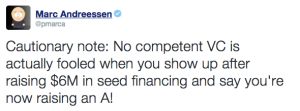
![]() On Tuesday, Marc Andreessen tweeted an insight into how VC’s treat the amounts of money raised and the labels attached to them. His tweet said:
On Tuesday, Marc Andreessen tweeted an insight into how VC’s treat the amounts of money raised and the labels attached to them. His tweet said:![]() In one of his later tweets, he puts the limit for seed funding at about 3 million. Saying that if you go beyond that, it will be seen as raising an A round. And with that statement he also shows how he feels competent VC’s should look at a company that has raised beyond that 3M mark. Because even though you might knock on their doors to raise a round A, in his opinion a VC should be looking at you as raising a B. The difference being that you will be judged much harder on your progress, your product and your traction. They need to be up to B standards to be able to raise that extra cash.
In one of his later tweets, he puts the limit for seed funding at about 3 million. Saying that if you go beyond that, it will be seen as raising an A round. And with that statement he also shows how he feels competent VC’s should look at a company that has raised beyond that 3M mark. Because even though you might knock on their doors to raise a round A, in his opinion a VC should be looking at you as raising a B. The difference being that you will be judged much harder on your progress, your product and your traction. They need to be up to B standards to be able to raise that extra cash.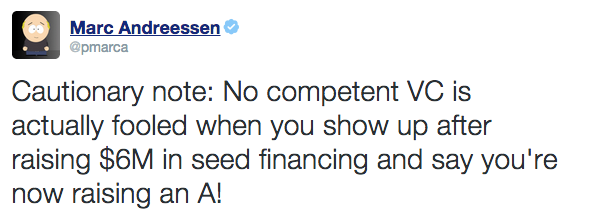
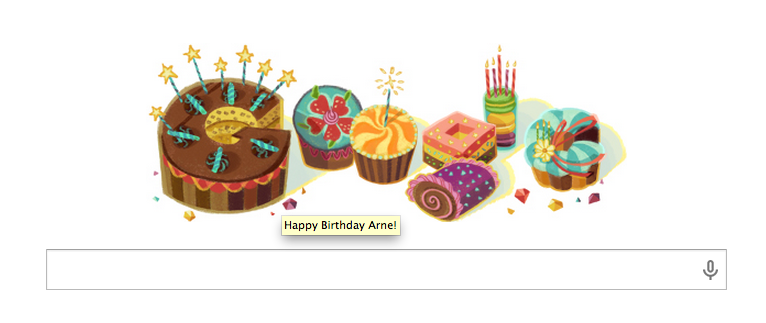

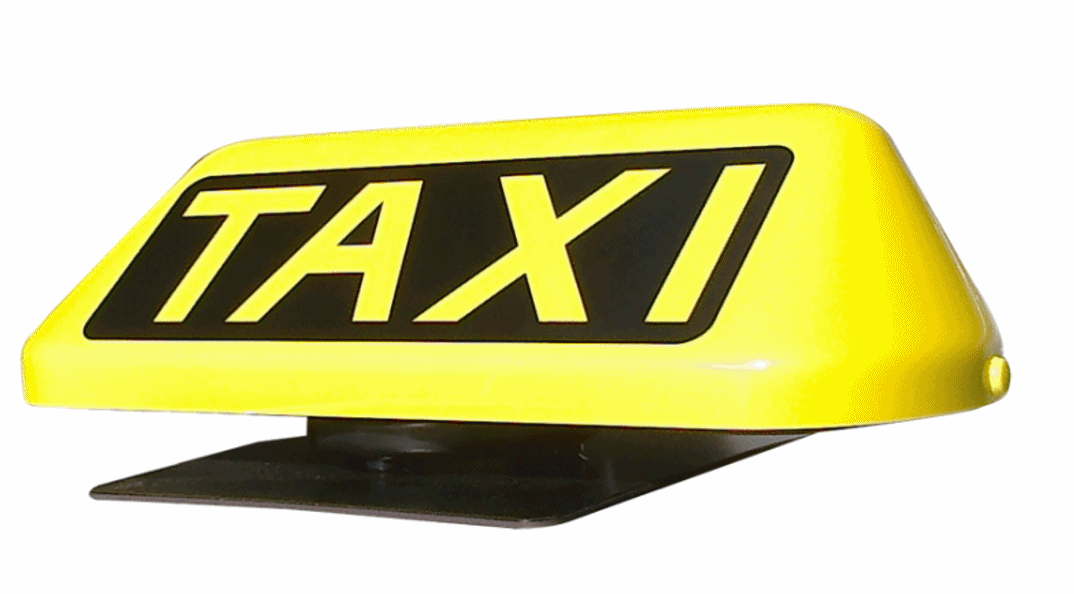

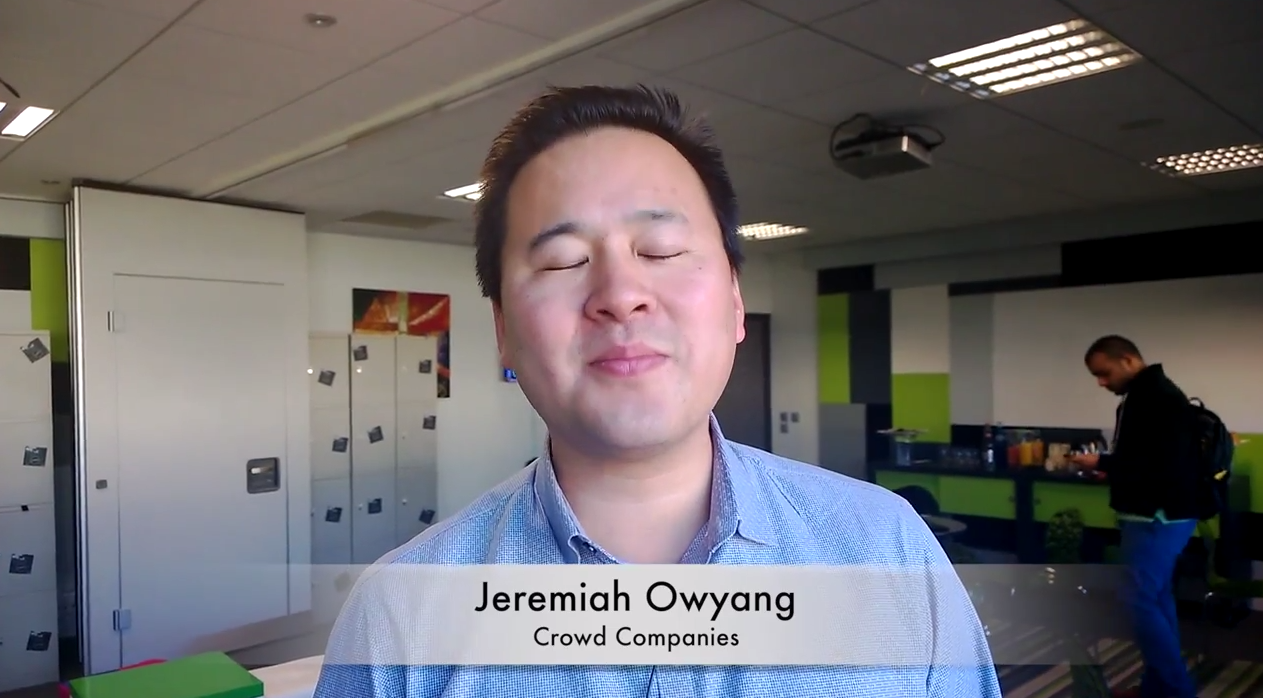
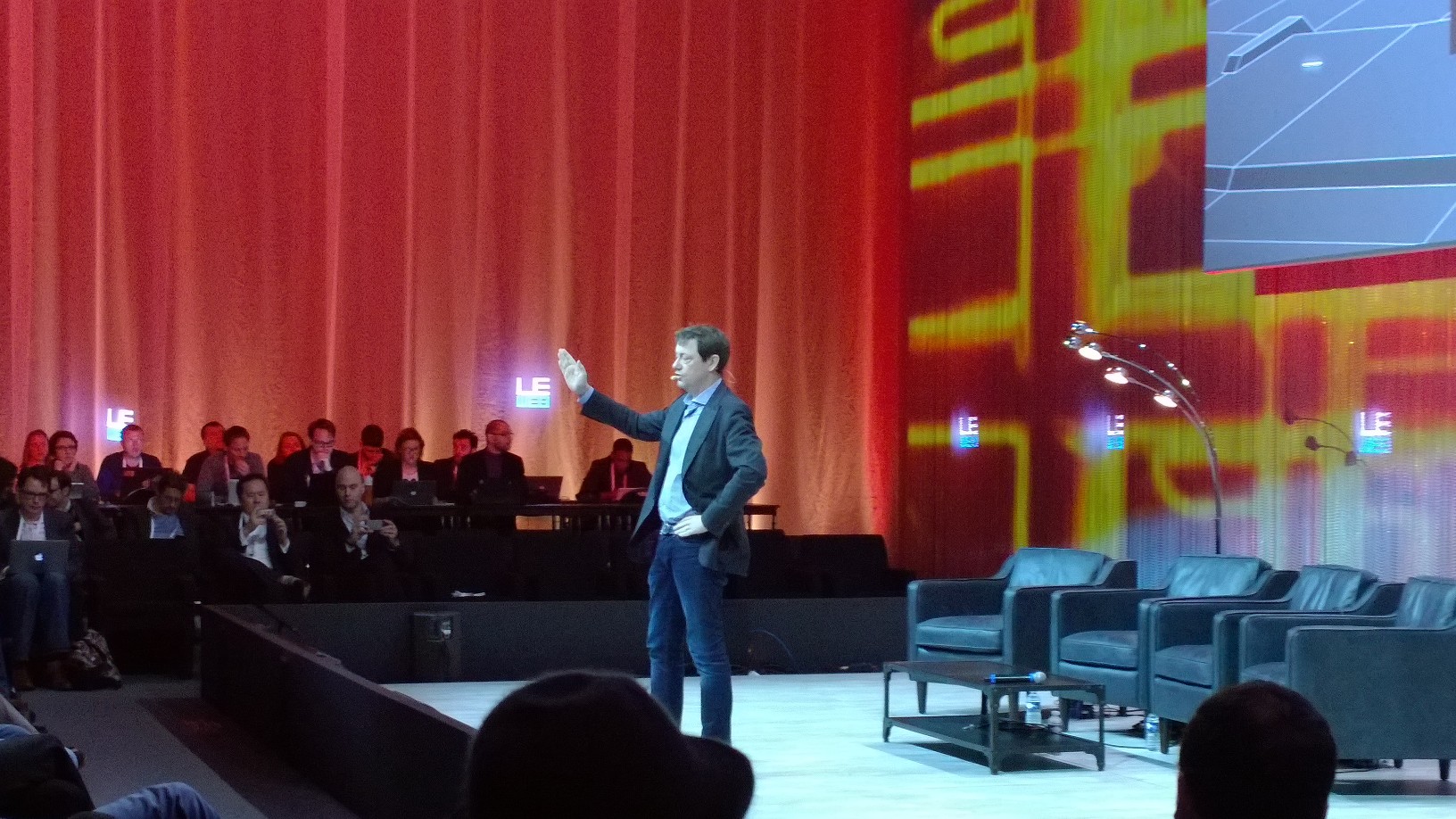




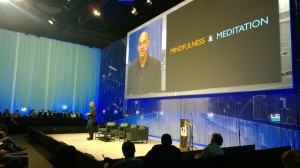 Yes, it is the start of LeWeb. I will be enjoying my time here. Hope you will as well. There are a number of speakers that I am looking forward for. If you don’t want to wait to see what I am seeing and hearing here, you can follow the live stream yourself. Check it out at
Yes, it is the start of LeWeb. I will be enjoying my time here. Hope you will as well. There are a number of speakers that I am looking forward for. If you don’t want to wait to see what I am seeing and hearing here, you can follow the live stream yourself. Check it out at 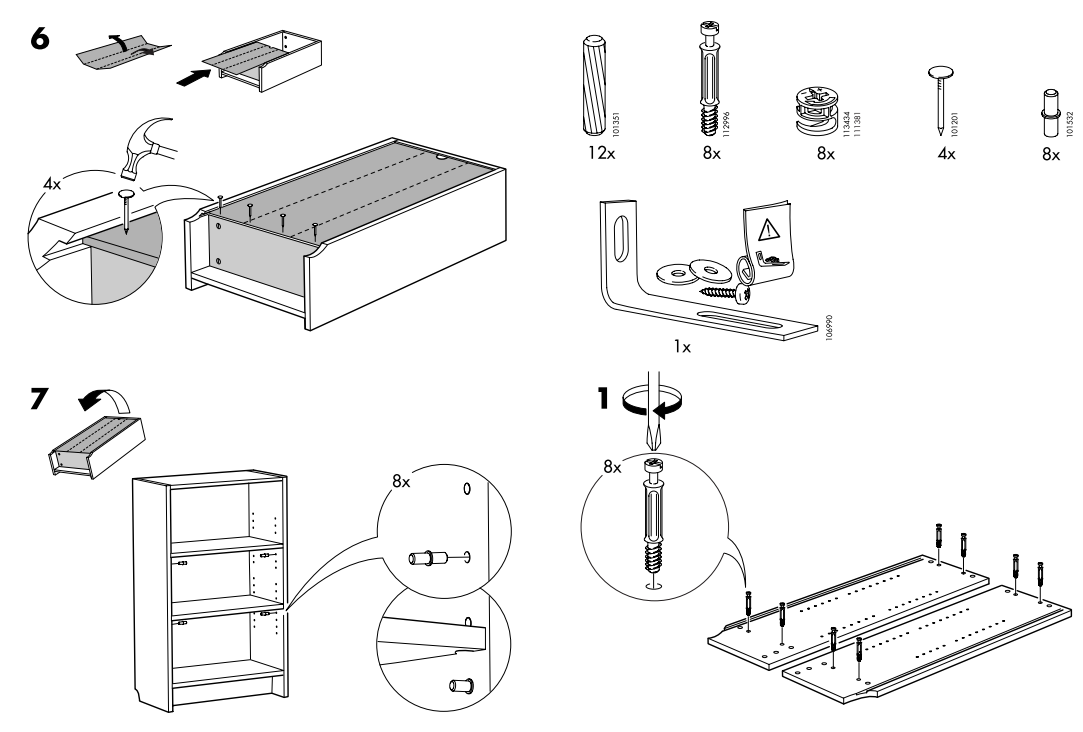

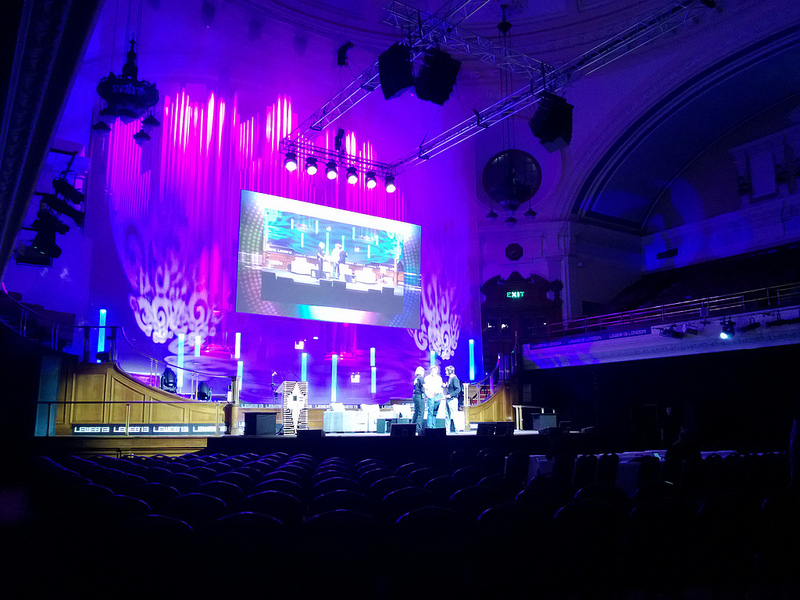
 Yes, it is time. LeWeb is going to be starting in minutes and I am happy to be back. It promises to be a really interesting conference. I have noticed that the quotes of two of the Google speakers read “Don’t be evil” and in the light of recent developments that could be an interesting statement to make.
Yes, it is time. LeWeb is going to be starting in minutes and I am happy to be back. It promises to be a really interesting conference. I have noticed that the quotes of two of the Google speakers read “Don’t be evil” and in the light of recent developments that could be an interesting statement to make.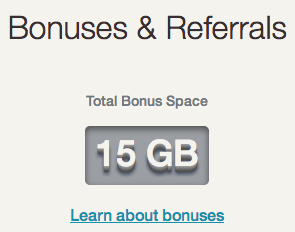
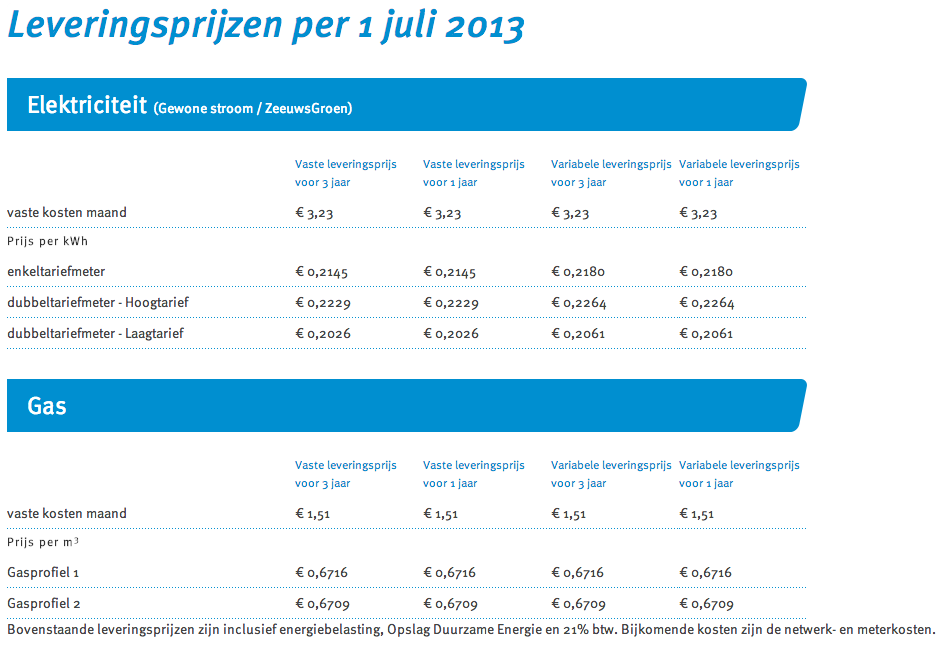
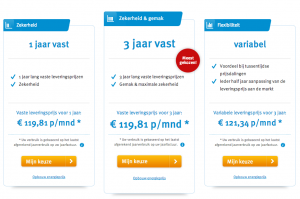 Vorig jaar is mijn leveringscontract voor energie verlopen. Wij zitten al bijna 11 jaar bij Delta NV en zijn daar op zich best tevreden mee. Heb ik dan een speciale band met de Delta? Nou, nee, dat nou ook weer niet. Het is natuurlijk een lokale onderneming en daarmee lijken ze wat minder onpersoonlijk dan de grote concurrenten uit het midden van het land. Maar verder kan ik eigenlijk niets bedenken. Al is het gevoel dat je bij een kantoor binnen kunt stappen wel prettiger dan een onpersoonlijk 0900 nummer.
Vorig jaar is mijn leveringscontract voor energie verlopen. Wij zitten al bijna 11 jaar bij Delta NV en zijn daar op zich best tevreden mee. Heb ik dan een speciale band met de Delta? Nou, nee, dat nou ook weer niet. Het is natuurlijk een lokale onderneming en daarmee lijken ze wat minder onpersoonlijk dan de grote concurrenten uit het midden van het land. Maar verder kan ik eigenlijk niets bedenken. Al is het gevoel dat je bij een kantoor binnen kunt stappen wel prettiger dan een onpersoonlijk 0900 nummer. I love the future. I have loved it ever since I started reading. Technology is shaping our future fast. Back in 1985 I wrote my first computer program. Back in 1994 I launched my first website and I have been working with organizations on integrating new technology ever since.
I love the future. I have loved it ever since I started reading. Technology is shaping our future fast. Back in 1985 I wrote my first computer program. Back in 1994 I launched my first website and I have been working with organizations on integrating new technology ever since.